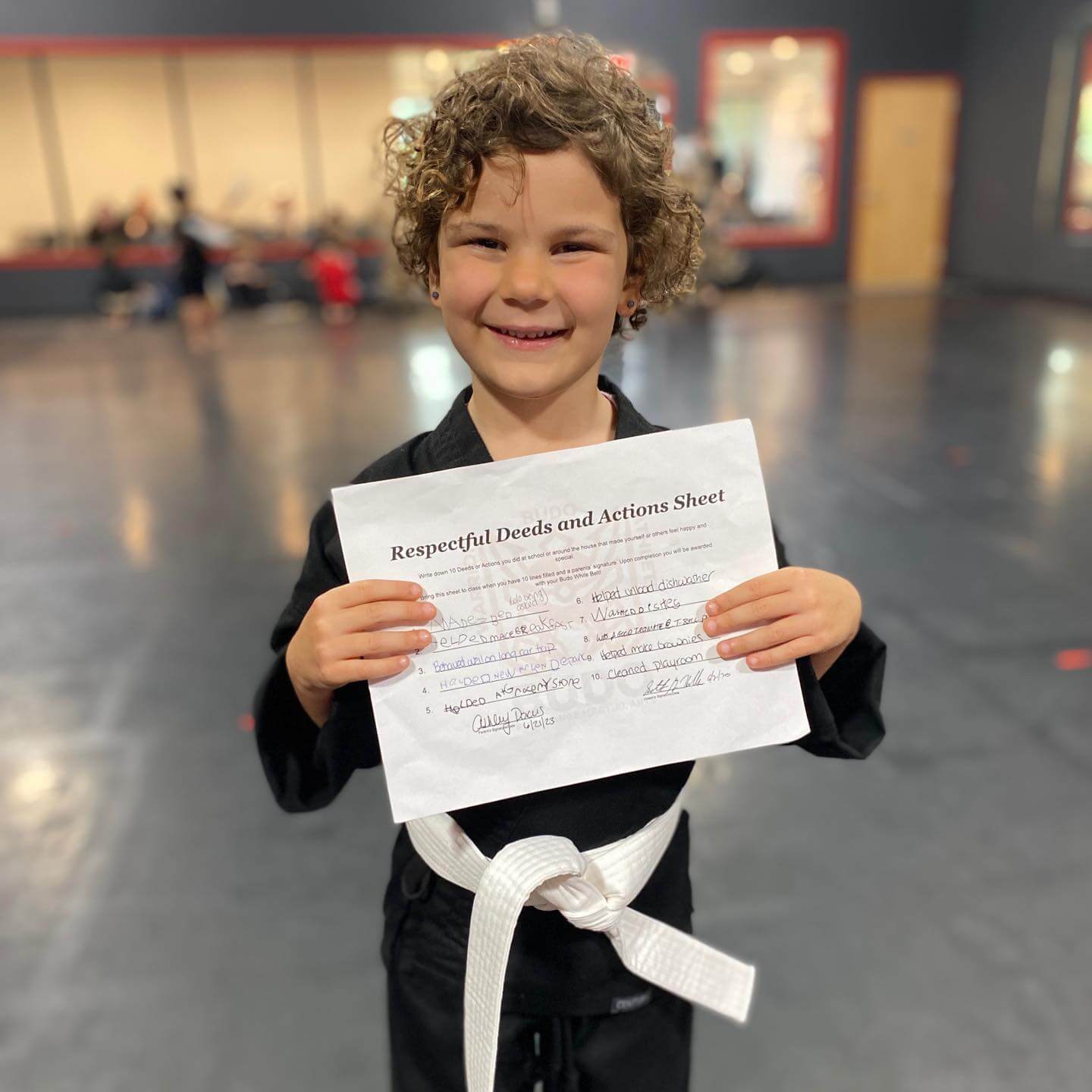The Sensory Benefits of Mastery Martial Arts: A Guide for Parents
Introduction
As parents, we’re constantly seeking activities that not only entertain our children but also contribute to their developmental milestones.
Mastery Martial Arts programs are more than just a physical activity—they are a comprehensive sensory experience that can significantly aid in your child’s sensory development. This blog post explores why sensory development is crucial, what it involves, and how Mastery Martial Arts can be a pivotal part of this process.
What is Sensory Development?
Sensory development refers to the way children learn to use the information provided by all their senses—sight, sound, touch, taste, and smell—to understand and interact with the world around them. This also includes body awareness through proprioception and balance via the vestibular system. Efficient processing of sensory information is essential for performing complex tasks, managing behaviors, and learning in a social context.
Why is Sensory Development Important? Effective sensory development lays the foundation for nearly all aspects of learning and interaction. It enables children to:
- Navigate their environment more effectively, understanding spatial relationships and differentiating between safe and hazardous.
- Build motor skills, both fine (like writing) and gross (like jumping).
- Enhance cognitive growth by integrating sensory information which supports critical thinking and problem-solving.
- Develop social skills by understanding non-verbal cues and regulating their own emotions and behaviors in response to their environment.
Mastery Martial Arts: A Sensory Integration Hub Mastery Martial Arts excels in incorporating a variety of sensory experiences into its curriculum, making it an excellent option for sensory development. Here’s how:
- Physical (Tactile and Proprioceptive) Sensory Practice
- Mastery Martial Arts training involves a variety of physical movements ranging from punches and kicks to blocks and body maneuvers. These activities help children develop a sense of touch and body awareness, crucial for fine and gross motor development.
- Auditory Sensory Practice
- Instructions from trainers, the sounds of other children participating, and the general ambiance of a Mastery Martial Arts class provide auditory stimuli. Learning to focus amid various sounds helps children improve their auditory processing capabilities, which are vital for following directions and auditory learning.
- Visual Sensory Practice
- Children must observe and mimic movements, recognize patterns in forms (kata), and respond to visual cues from their instructors and peers. This hones their visual processing skills, which are important for academic tasks like reading and writing.
- Kinesthetic Sensory Practice
- Mastery Martial Arts is fundamentally kinesthetic, requiring students to move their bodies in specific, sometimes complex ways. This enhances muscle memory and body coordination, which are integral to all physical activities.
- Vestibular Sensory Practice
- The various stances and movements in Mastery Martial Arts—from jumping to spinning—engage the vestibular system, which helps with balance and spatial orientation.
Conclusion
Mastery Martial Arts offers a rich, multisensory environment that can significantly enhance your child’s sensory development. The programs are designed not only to teach self-defense but also to engage and improve all the senses, helping children grow into well-rounded individuals capable of navigating the complexities of their environments. Whether your child is looking to improve focus, coordination, or just needing a fun physical activity, consider the sensory benefits of Mastery Martial Arts as a compelling reason to enroll.
For parents interested in a holistic approach to development, incorporating activities like those offered by Mastery Martial Arts can be a transformative addition to your child’s growth and well-being.
